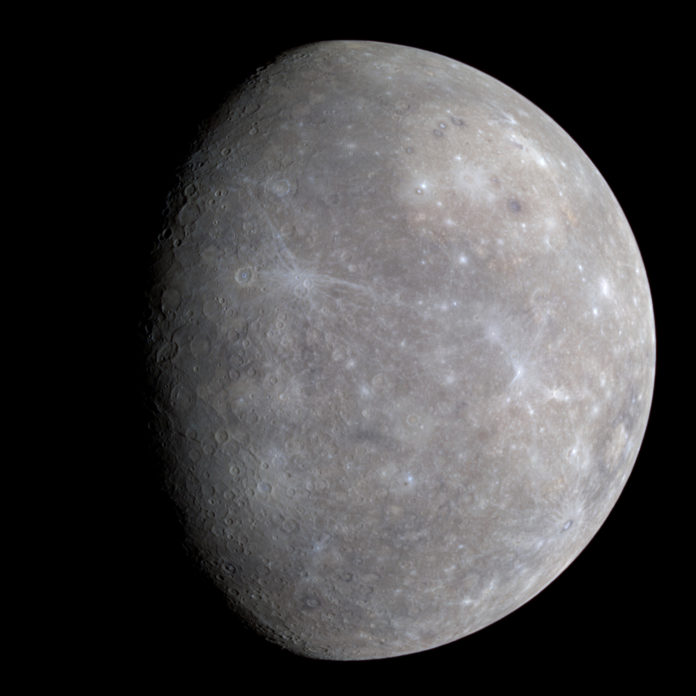NASA’ Messenger spacecraft had a mission of helping scientists to learn more about the planet Mercury. This planet is the closest planet to the Sun. While probes have studied Mercury in the past, scientists still don’t know that much about the planet. The Messenger craft was tasked with making multiple passes around Mercury with one of the main goals being to help scientists find out more about the planet’s core.
In 2007, earth-based radar systems were used to detect small oscillations in the spin rate of Mercury. These oscillations led scientists to believe that at least a portion of the core of Mercury was liquid. For a time, scientists have believed that Mercury has a giant core. They believe that as much as 85 percent of the planet is made up of the core.
In one of its passes around Mercury, the Messenger craft helped scientists to determine that Mercury has a weak magnetic field. In our solar system, Earth and Mercury are the only planets with a rocky surface that have a magnetic field. One of the purposes of the magnetic field is to protect a planet from charged particles emanating from the Sun. Since scientists knew that Mercury has a magnetic field, they assumed that liquid must be present in the inner core of the planet.
On its final pass around Mercury, Messenger measured gravitational pull around the planet. By measuring this data sent back by Messenger, scientists are now able to make an estimate about the entire core structure of Mercury.
Based on their calculations, scientists believe that Mercury has an inner core that is completely solid. This inner core is estimated to be 2,000 kilometers in diameter. This inner core constitutes about one-half of the entire core of Mercury. Surrounding this solid inner core is the planet’s molten core.
Scientists want to continue to study the magnetic activity of Mercury. The planet’s magnetic field is deteriorating at a faster rate than Earth’s. Scientists believe that by studying the deterioration of Mercury’s magnetic field, they will have a better understanding of how the core of Earth will change in the future.






